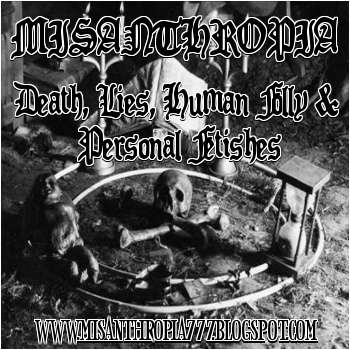Tuesday, December 8, 2009
(12-07) 18:08 PST SAN FRANCISCO -- The U.S. Supreme Court will decide whether UC Hastings College of the Law in San Francisco can refuse to recognize and fund a Christian student group because it excludes gays, lesbians and non-Christians, the justices said Monday.
The case could affect public universities around the country. It puts the Supreme Court in the middle of a long fight by conservative Christian activists, who say their constitutional rights are violated when they are forced to tolerate views that run counter to their religious beliefs.
Hastings was sued in October 2004 by the Christian Legal Society, which requires voting members to sign a statement committing to "orthodox" evangelical Protestant or Catholic beliefs.
A student is ineligible, the group says, if he or she "advocates or unrepentantly engages in sexual conduct outside of marriage between a man and a woman."
Hastings cited a campus policy barring discrimination on the basis of race, national origin, religion and sexual orientation when it refused to recognize a chapter of the Christian Legal Society in 2004.
The group then sued in federal court.
U.S. District Judge Jeffrey White ruled in the law school's favor in 2006, and his opinion was upheld earlier this year by the Ninth U.S. Circuit Court of Appeals in San Francisco. The court said the school could require organizations to "accept all comers as members."
On Monday, attorneys for the Christian Legal Society, which is based in Virginia, said they hoped the Supreme Court would find that Hastings was forcing members of the school's chapter into an unreasonable choice: abandon their identity or shut down.
Ruling due by June
The case is likely to be heard in March, and a ruling is due by June.
"Religious groups have a right to require their officers to share their religious faith," said Kim Colby, an attorney with the group, which has chapters at 165 law schools around the country and encourages lawyers to apply biblical principles. "If, at every meeting, the president of the group said, 'Today we're going to discuss whether Jesus was the son of God,' that's going to bog the group down."
But Ethan Schulman, an attorney for Hastings, said the issue in the case is whether public universities are obligated to subsidize discriminatory groups.
"This is about a blanket exclusion of gay and lesbian students and students who don't hold what the Christian Legal Society describes as orthodox Christian beliefs," Schulman said. "If they're going to use public money and public facilities, they have to be open to all interested students."
Restrictions
Hastings recognized the society's chapter for about a decade, Schulman said, when the group was open to all students. When the society restricted who could join, Hastings withheld $250 that had been set aside to help officers travel to their organization's national conference, and the group sued.
The Supreme Court, attorneys said, may have noted a split between lower court rulings in the Hastings case and in a similar lawsuit brought by Christian Legal Society against Southern Illinois University. Under a 2007 settlement in that case, the university said it would recognize the group and its policies.
Split on scouts
The court waded into a similar issue in 2000 when it upheld the Boy Scouts' right to exclude gays and atheists, citing the private organization's right of free association.
But in 2006, the California Supreme Court struck a blow in the other direction, ruling that Berkeley could deny a rent subsidy to the Sea Scouts, a Boy Scouts affiliate, because the group did not allow gay members or leaders. The U.S. Supreme Court refused to hear the Scouts' appeal.
It's funny to me how Christianity is still legal in these 'Enlightened days'...
Dare I wonder why...?
J.A.C.
Wednesday, December 9, 2009
Subscribe to:
Post Comments (Atom)











 "He who can, does. He who cannot, teaches."
"He who can, does. He who cannot, teaches."



 "Being is substance and life; life manifests by movement; movement is perpetuated by equilibrium; equilibrium is therefore the law of immortality.
"Being is substance and life; life manifests by movement; movement is perpetuated by equilibrium; equilibrium is therefore the law of immortality.


 "The doctrine of equality!... But there exists no more poisonous poison: for it seems to be preached by justice itself, while it is the end of justice.... "Equality for equals, inequality for unequals" that would be the true voice of justice: and, what follows from it, "Never make equal what is unequal."
"The doctrine of equality!... But there exists no more poisonous poison: for it seems to be preached by justice itself, while it is the end of justice.... "Equality for equals, inequality for unequals" that would be the true voice of justice: and, what follows from it, "Never make equal what is unequal."



No comments:
Post a Comment
Note: Only a member of this blog may post a comment.